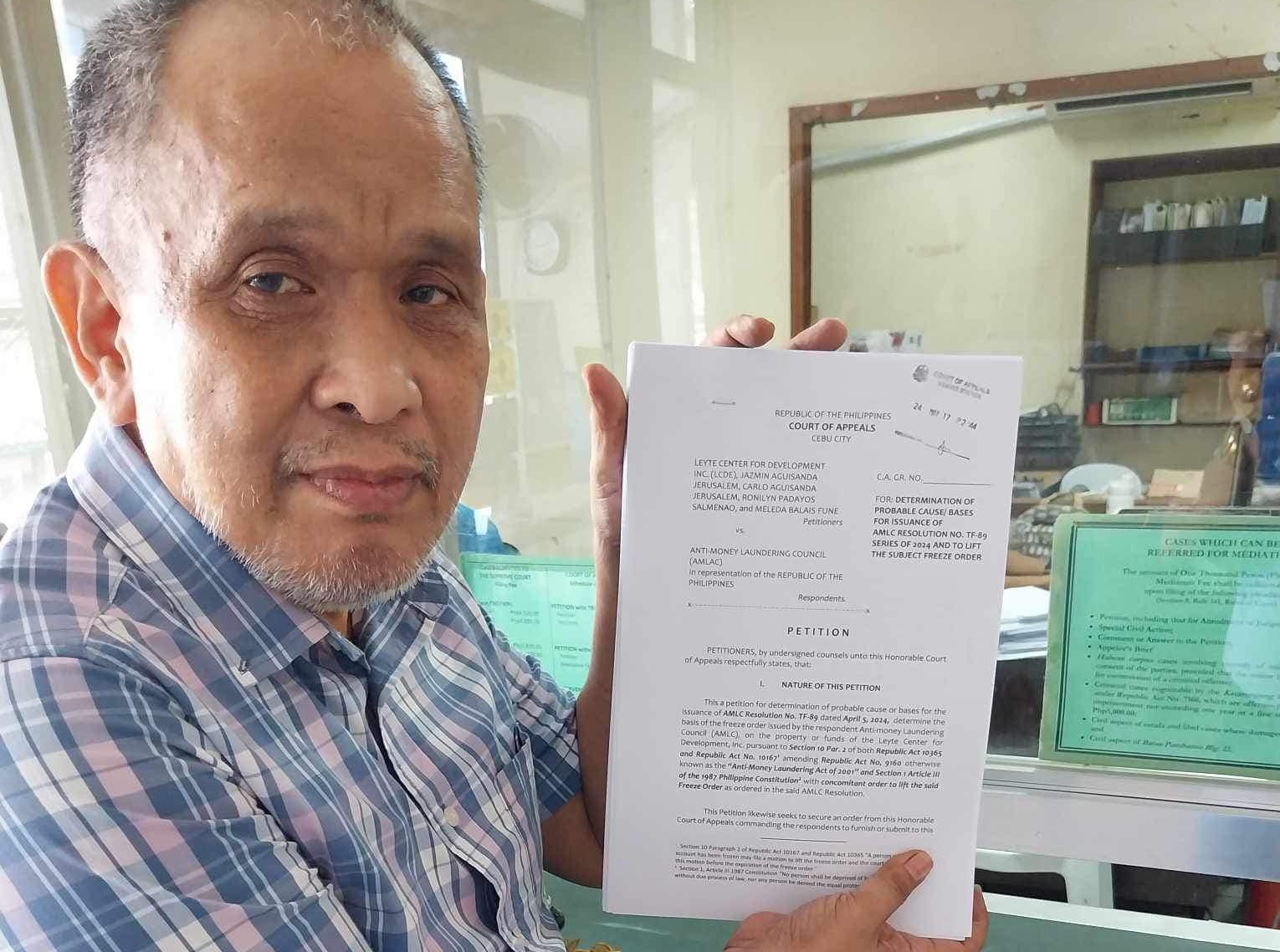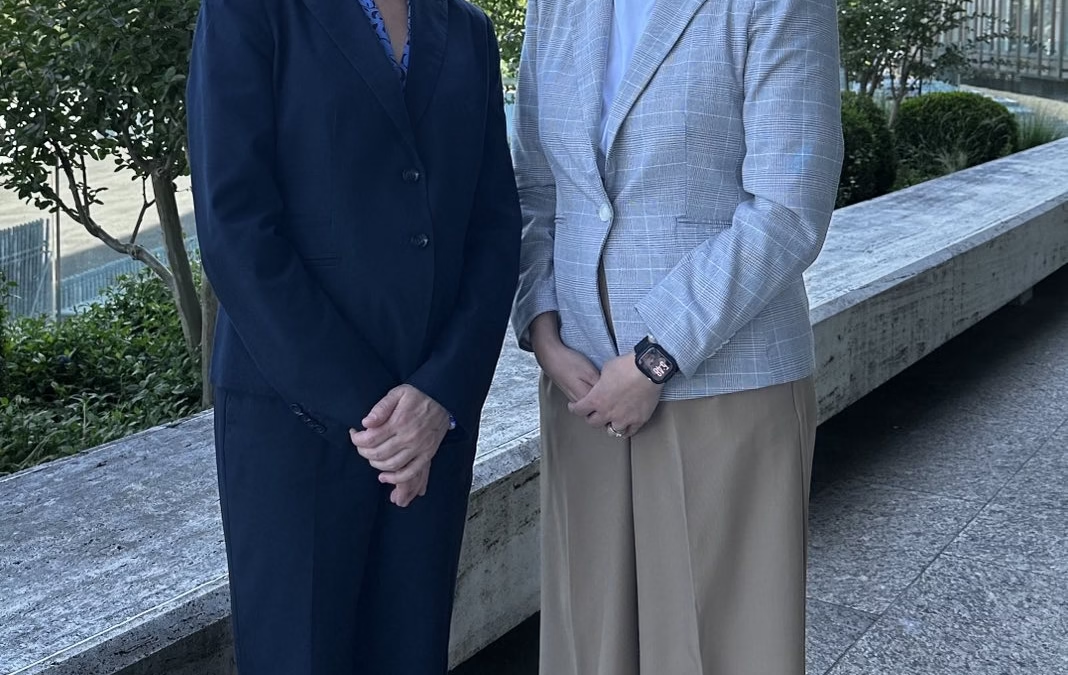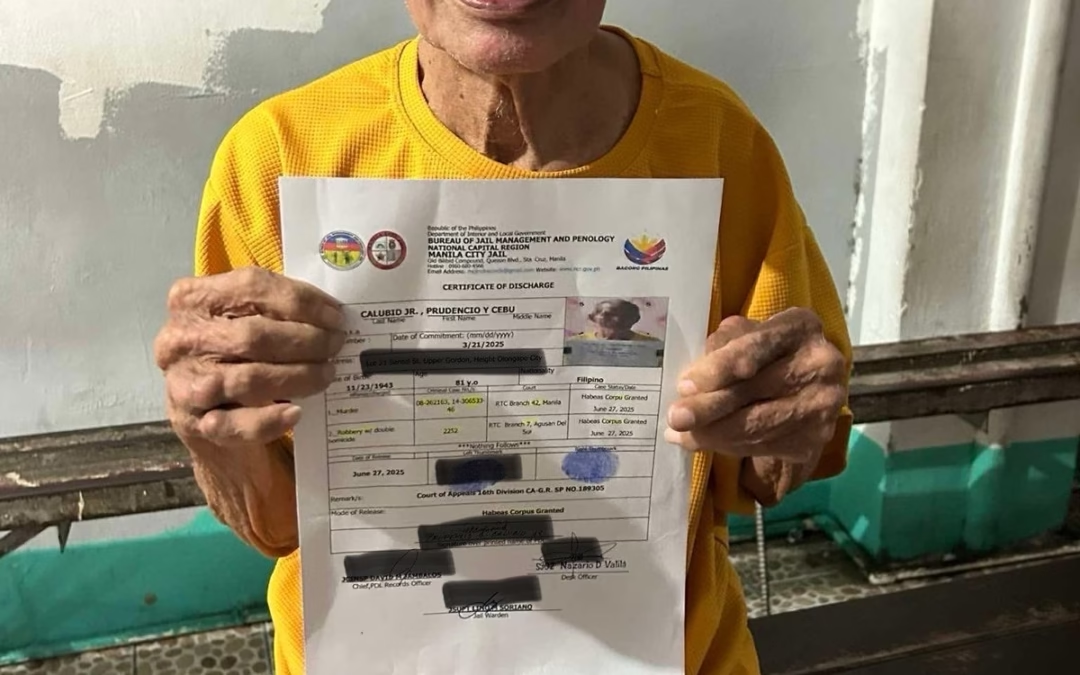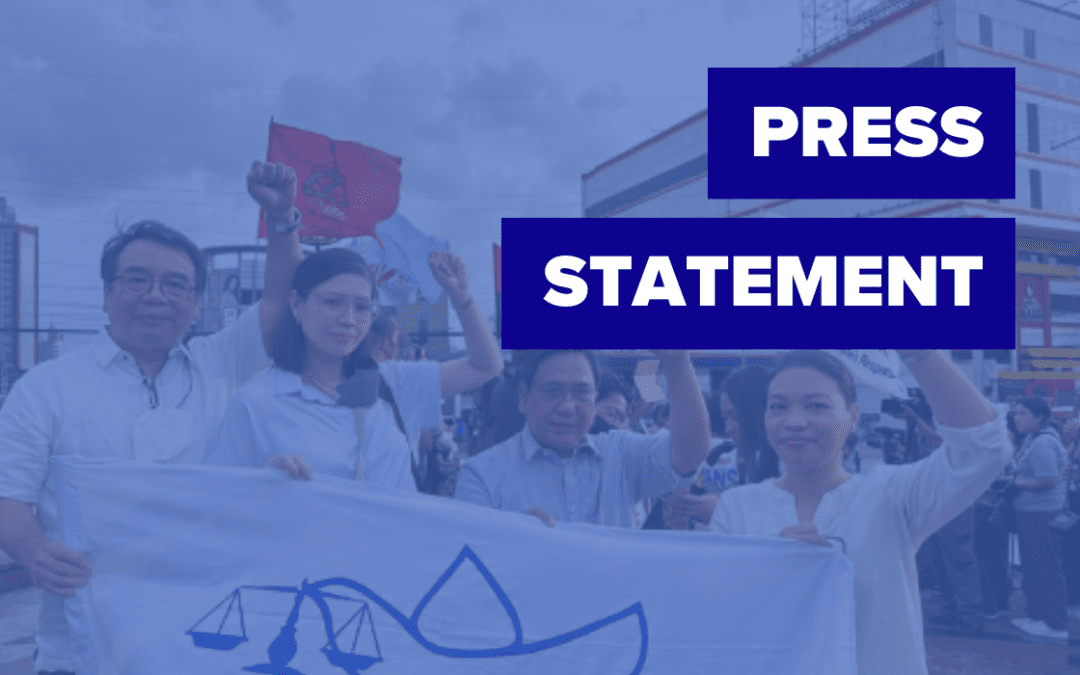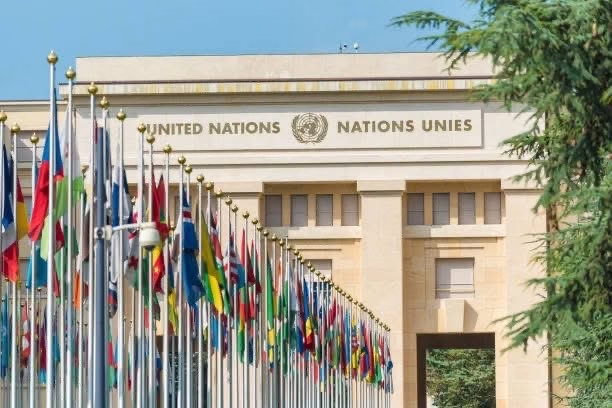NUPL-EASTERN VISAYAS
Assisted by the NUPL-Eastern Visayas (NUPL-EV), Leyte Center for Development Enterprise, Inc. (LCDE), a disaster response non-government organization (NGO), filed a petition on May 17 to determine the bases for the issuance of the freeze order against the LCDE and to lift such orders against its bank accounts as well as those of its staff with the Court of Appeals in Cebu City. The Anti-Money Laundering Council (AMLC) and the Anti-Terrorism Council (ATC) are impleaded as respondents.
On April 5, 2024, the AMLC issued Resolution No. TF-89, Series of 2024, upon finding that the bank accounts of LCDE are “related to terrorism financing” under RA No. 10168 or the Terrorism Financing Prevention and Suppression Act of 2012 (TFPSA). It then ordered the freezing not only of LCDE’s bank accounts but also of those belonging to its volunteer workers Jazmin Jerusalem, Chadwick Suazo, Reniel Sanica, Fenna Joyce Moscare, and Meleda Fune, as well as “other private persons and business establishments with whom LCDE made official business transactions.” Even the bank accounts of local businesses with whom LCDE transacted, including a shop in Ormoc City that repaired their vehicles, have also been frozen.
“This case demonstrates our well-founded fears since Calleja v. Executive Secretary—that anyone maliciously linked to the communist movement or to any person it brands to be a terrorist stands to have their civil liberties curtailed,” NUPL-EV President Atty. Alberto Hidalgo said. “The AMLC seems to be the judge, jury, and executioner in issuing targeted financial sanctions. How can the principle of effective judicial protection be observed when vast powers are concentrated in one executive body or two and we have no idea what happens behind their closed doors?” he added.
In addition to denouncing the asset freezing as “arbitrary, whimsical, and despotic” and devoid of factual basis, the petition also challenges the constitutionality of Section 11 of the TFPSA, under which the AMLC may inquire into bank deposits and freeze assets without notice and hearing, hence, without due process of law. This reiterates the NUPL’s arguments in Calleja, which challenged the constitutionality of targeted financial sanctions under the ATA.
Under both the ATA and the TFPSA, the AMLC may order financial institutions, among others, to freeze the assets l have been found to be “related to terrorism financing,” without, however, providing sufficient standards and safeguards in the determination of such terms as “related accounts” or properties. “The fact that the ATA provides a broad definition of terrorism—so wide it casts a wide net to cover legitimate acts like humanitarian activities and to confuse armed conflict with terrorist acts—makes the problem even worse,” Atty. Hidalgo further said.
LCDE has been constrained to temporarily cease operations, while its staff are facing economic hardship without any access to the meager funds they have in their bank accounts.
Meanwhile, council members, officers, and staff of the Cebu-based NGO Community Empowerment Resource Network, Inc. (CERNET) have been indicted for financing terrorism charges, allegedly for allowing, “by their gross negligence,” the commission of making available funds or property to the New People’s Army.
“The effect of tainting NGOs, even those like the LCDE who has a sterling reputation for providing relief to disaster-struck communities for the past 36 years, based on false claims that we are not even aware of, is catastrophic. Laws that allow this policy and practice must be struck down,” Atty. Hidalgo concluded.
Petitioners hope that the Court of Appeals’ urgent judicial intervention will help restore their rights and prevent further oppressive state actions from affecting other NGOs that deliver services to underserved and neglected communities.#
Reference:
NUPL-EV Public Information Desk
+639171691242
